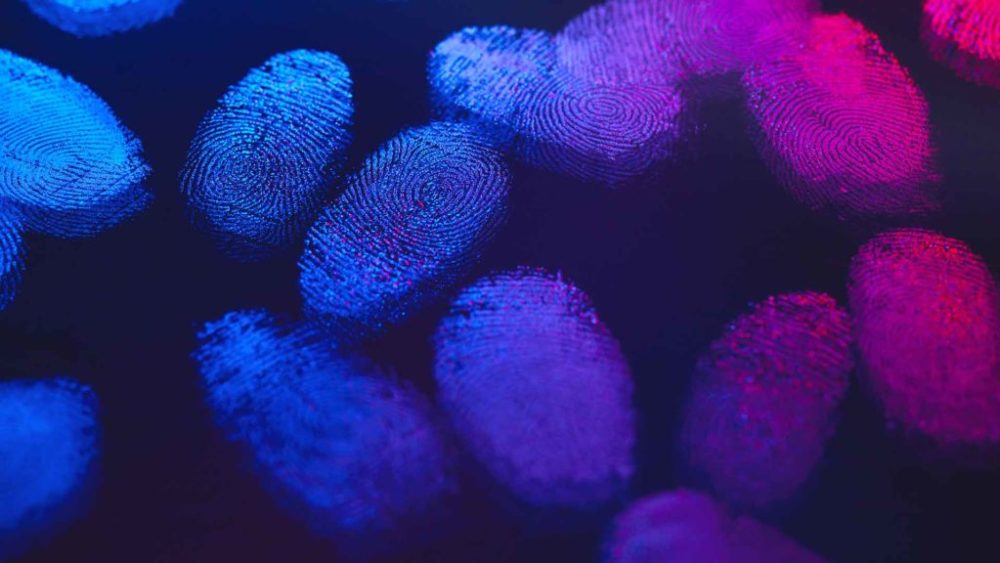You don’t have to be addicted to police procedural TV shows to know that the cops can’t search your home without probable cause and a warrant. That Fourth Amendment protection is the sort of thing covered in American Civics 101. You may even know that you can’t be forced to divulge your password or PIN to unlock your phone. That’s part of a Fifth Amendment protection that says you don’t have to provide a testimony that could incriminate you. But it was only recently that a California judge ruled that your biometric identifiers—your fingertips, face, and irises—are protected by the same constitutional principles.
Ruling: Biometrics Are Protected by The Fifth Amendment
The Fifth Amendment to the United States Constitution says that no person “shall be compelled in any criminal case to be a witness against” themselves. In its most basic sense, the Fifth Amendment gives us the right not to testify in a criminal case against ourselves. It also tells jurors that they shouldn’t consider someone invoking this right to be evidence of their guilt.
Previously, US judges ruled that law enforcement could force people to unlock devices like their smartphones or tablets with biometrics, even though the law states that suspects can’t be forced to give up their passwords or PINs for the same reason. That meant that a password was potentially more secure against law enforcement overreach, one reason people argue against using fingerprints to unlock electronic devices.
Then, in January 2019, a US District Court for the Northern District of California denied a search warrant for a property in Oakland. The warrant was filed as part of an investigation into a case of extortion—the suspect(s) threatened to release “embarrassing videos” if their demands weren’t met. The police not only wanted to raid the property, but they also wanted the ability to compel the owners of any phones and other devices on the property to unlock them using their fingerprints.
Magistrate Judge Kandis Westmore ruled that request went “overboard” because it was too broad and not limited to a specific device, and that biological identifiers should be protected under the same law that says the feds can’t compel someone to give up their passcode. “Technology is outpacing the law,” she wrote, a sentiment many people share.
Your Biological Signature is “Testimonial”
You most likely know that you have the legal right not to give a testimony that would make you a witness against yourself. But what if the government required you to unlock your iPhone with your face or fingertip? Is that a form of testimony?
In the past, biological features weren’t considered testimonial because, unlike a password or pin, you wouldn’t necessarily have to consent to offering them up. Westmore’s decision is being hailed as a landmark ruling because it says the government doesn’t have the right, even with a warrant, to force suspects to unlock their devices with their biometrics if doing so might incriminate them. “If a person cannot be compelled to provide a passcode because it is a testimonial communication, a person cannot be compelled to provide one’s finger, thumb, iris, face, or other biometric feature to unlock that same device,” she wrote.
Some critics think Westmore’s ruling misinterprets the Fifth Amendment. As Josephine Wolff, an assistant professor of public policy and computing security at Rochester Institute of Technology and a faculty associate at the Harvard Berkman Center for Internet and Society wrote in an opinion piece for Slate, “her reasoning completely ignores the fundamental idea that what the Fifth Amendment protects is the contents of your mind—not the pattern of your fingertip or anything else about your physical attributes.”
Higher courts could easily disagree with this ruling, and the law is still murky. Do you think the feds should have the right to force suspected criminals to unlock their devices with their biometric identifiers? We’d like to hear from you! Contact us at support@sureid.com.


Comments are closed.